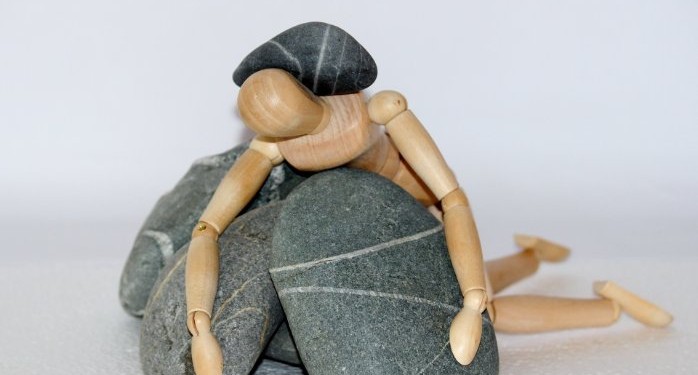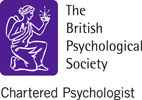The word “depression” is vastly used in our day-to-day language; many people use it to refer to some feelings that – if occasional – are a normal part of the human experience. In fact, we all feel sad or down from time to time. It can also happen that we lose interest in the things that we would usually enjoy doing or that we feel demotivated.
Does it mean that we suffer from depression? It depends from the severity and the duration of the symptoms, and if you feel this way it is definitively worth exploring it further with you GP and/or with a therapist.
Let’s begin to have a closer look to what depression is in a clinical sense.
According to the DSM-5 (Diagnostic and Statistical Manual of Mental Disorders, 5th Edition), these are the criteria to diagnose major depressive disorder:
A. 1. Depressed mood most of the day, almost every day, indicated by your own subjective report or by the report of others. This mood might be characterised by sadness, emptiness, or hopelessness.
2. Markedly diminished interest or pleasure in all or almost all activities most of the day nearly every day.
3. Significant weight loss when not dieting or weight gain.
4. Inability to sleep or oversleeping nearly every day.
5. Psychomotor agitation or retardation nearly every day.
6. Fatigue or loss of energy nearly every day.
7. Feelings of worthlessness or excessive or inappropriate guilt (which may be delusional) nearly every day.
8. Diminished ability to think or concentrate, or indecisiveness, nearly every day.
9. Recurrent thoughts of death (not just fear of dying), recurrent suicidal ideation without a specific plan, or a suicide attempt or a specific plan for committing suicide.
B. Symptoms cause clinically significant distress or impairment in social, occupational, or other important areas of functioning.
C. The episode is not due to the effects of a substance or to a medical condition.
D. The occurrence is not better explained by schizoaffective disorder, schizophrenia, schizophreniform disorder, delusional disorder, or other specified and unspecified schizophrenia spectrum and other psychotic disorders.
E. There has never been a manic episode or a hypomanic episode
You need to have been experiencing at least five of the symptoms from category A (and one of these five has to be either depressed mood or loss of interest or pleasure in activities) every day for at least two weeks in order to qualify for major depressive disorder.
This means that “feeling low” is not enough to label your symptoms as depression; depression is a constellation of symptoms and they need to be more intense than the normal wavering of mood that we all experience in our daily lives. Depression brings, in fact, significant changes of significant duration to different areas of your functioning (category B) – this is quite important to underline as it can actually help to differentiate clinical depression from occasional sadness.
You can speak with a therapist to understand your symptoms better and regain your balance. A therapist would also advise you on other possible treatments that could help you feel better.






